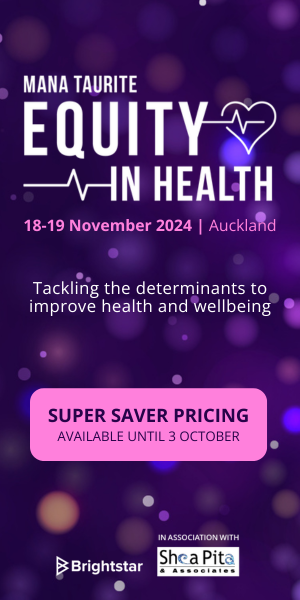In doing this we are conscious of the need to meet several goals. We need to ensure that our processes are fair and not overly burdensome for applicants. We also need to be confident that our processes accurately evaluate the competence of applicants to practise in the Aotearoa New Zealand context. And finally, in keeping with the council’s statutory purpose, our processes must attest to a sufficient standard of practice that will protect the health and safety of the public.
Before we describe our proposals, we would like to first acknowledge and thank you, the nursing professionals, for your continued work during these unprecedented and challenging times, as you provide safe, high-quality care to all of us in Aotearoa New Zealand.
What are we proposing?
We are proposing a move away from an input-based approach (see Table 1 below) to assessment, and towards directly assessing competence to practise. This is also known as an outcomes-based approach and aligns with international trends in nursing regulation. We are also proposing some changes to the English language standard to ensure this is fair, appropriate for nursing, and doesn’t raise unnecessary barriers for applicants.
| Examples of input-based measures | Examples of outcomes-based measures |
|---|---|
|
|
Table 1: Examples of input and output-based measures of competence
Alongside this shift, we want our processes to focus on what it means to practise nursing safely in Aotearoa New Zealand’s unique context. This means all nurses, including IQNs, require an understanding of how to apply Te Tiriti o Waitangi to nursing practice, including practising nursing in a way that honours kawa whakaruruhau1. It also means that professional expectations and “how we do things”, such as independent and collaborative practice, are understood by IQNs who may be used to working in different contexts.
The detail of what we are proposing, including a technical background document that outlines the rationale for specific proposed changes, can be found on the Nursing Council website.
Why? And why now?
We are aware that we are consulting on this issue at a time when the nursing profession and our health system are both under significant stress, with existing pressures being exacerbated by COVID-19.
The changes we are proposing have been considered for a while now. Extensive research, observation of trends in international practice, and evidence about good regulatory practices have been collated over time and have ultimately come together to form our current proposals. The critical and valued role that IQNs have in our workforce gives this work particular relevance. While we paused this work in recognition of the disrupted nursing environment, we believe it is now important for us to proceed with consultation.
Te Tiriti o Waitangi
In future, we are looking to work with partners as we move toward designing and implementing any changes that come out of this consultation. An example where we already clearly anticipate the need to work in Te Tiriti partnership is in the design of pre- and post-entry education focusing on Te Tiriti o Waitangi, kawa whakaruruhau, cultural safety, and Aotearoa’s health system and broader health context (including the ongoing impact of colonisation).
What have we heard so far?
Before opening public consultation on this topic, we have been discussing our proposals with some key organisations and groups. This has helped us gauge initial reaction to our proposals and ensure that those with an especially strong stake in how we assess and register IQNs are not surprised by our ideas. Groups we have had discussions with include IQN associations, competence assessment programme (CAP) providers, major employers of IQNs, professional associations, researchers and educators.
So far, we have heard diverse views about changes to the English language standard, with some expressing concerns about the changes, and others noting that the changes may help to reduce unnecessary barriers for applicants. We have also heard interest in the idea of exploring tests that assess spoken English through computer-based methods.
Although this work addresses the position of international nurses as a whole, we are also committed to exploring pathways that may better support transition to registration and working with Pacific communities
Regarding changes to the education standard, many have welcomed a focus on Te Tiriti o Waitangi and cultural safety prior to entering the register.
We also understand that many have questions about the proposed exam and practical assessment, such as who would design and administer these. At this stage, no decisions have been made about a specific model or approach: this is where we need your feedback and expertise. If these proposals are implemented, we will work alongside sector experts to put robust and appropriate processes in place.
Additionally, we have heard questions about how the proposed changes may impact other processes, such as return to nursing. We are interested in hearing if and how our proposals to improve processes for IQNs may have an effect in other areas.
Finally, we are aware of the specific issues that are faced by some Pacific-educated and registered nurses (RNs) who are in Aotearoa New Zealand, but not working as nurses here. We want to acknowledge the skills and valued cultural expertise these nurses bring to Pacific communities, and to the health and disability workforce as a whole. Although this work addresses the position of international nurses as a whole, we are also committed to exploring pathways that may better support transition to registration and working with Pacific communities and stakeholders on actions in this area.
Please share your thoughts
We want to hear your views and suggestions on what we are proposing. Please visit our website to see our consultation information, including quick-read versions of our proposals and a feedback survey. If you would like to contact us directly for further information and ways to provide commentary, please contact us at [email protected].




